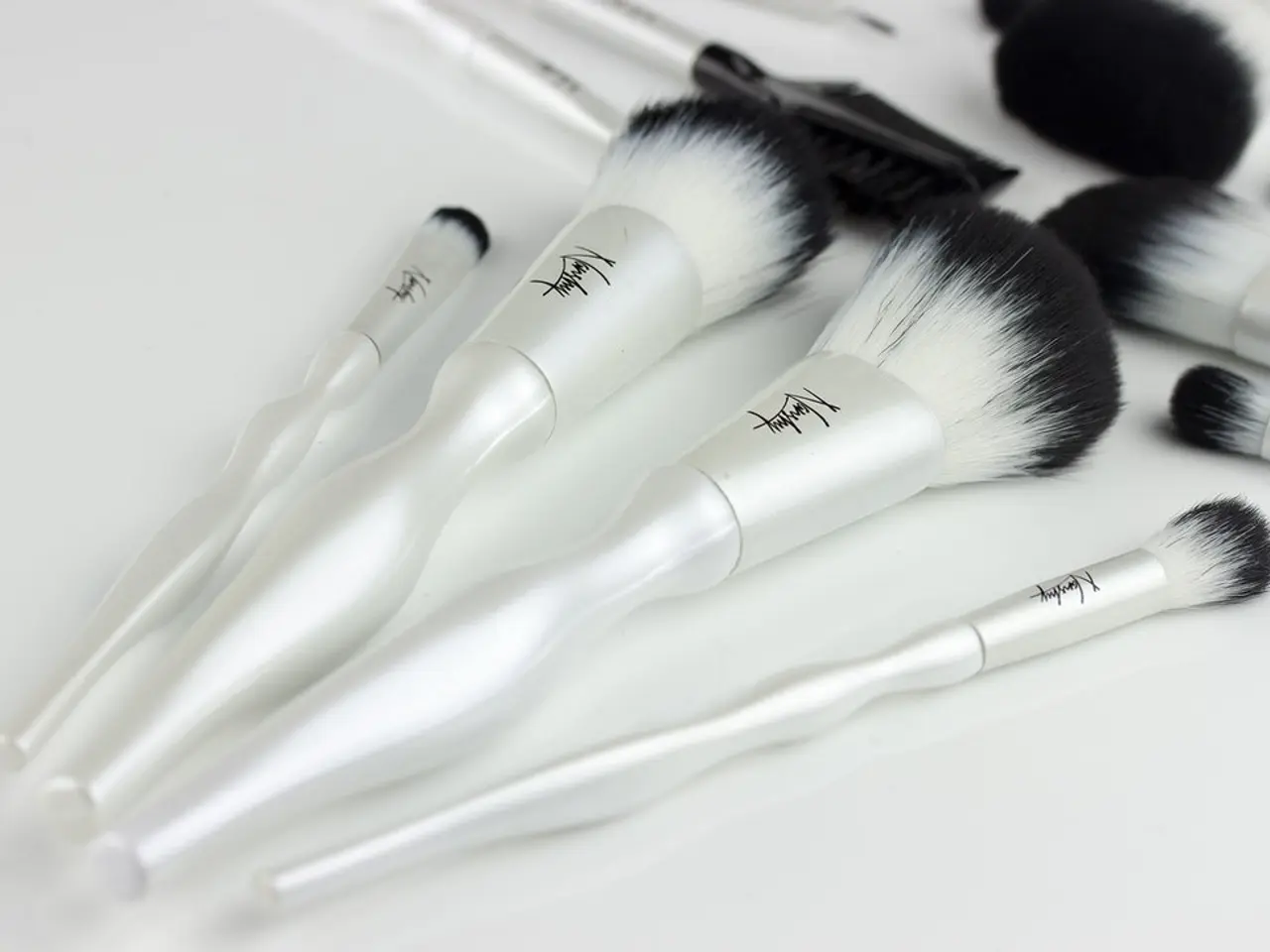Research Findings and Their Limitations
Matcha, the finely ground green tea powder, is no longer just a popular drink but is also making waves in the skincare industry. This antioxidant-rich ingredient is finding its way into various skincare products such as masks, serums, and creams.
While matcha may have some skincare benefits, it's essential to remember that it is not a substitute for broad-spectrum sunscreen, as clinical professor of dermatology at NYU, Darrell Rigel, states.
The ingredient EGCG (epigallocatechin gallate) from matcha has a solid scientific basis as an active ingredient against skin aging, UV-induced damage, acne, and dryness. EGCG can significantly improve skin moisture by stimulating the production of hyaluron-related genes and inhibiting enzymes that break down hyaluronic acid. This results in a more hydrated and youthful-looking complexion.
Regular use of matcha-containing skincare products supports an even, radiant complexion and strengthens the skin barrier in the long run. The catechins in matcha, especially EGCG, neutralize free radicals, inhibit inflammation, and can protect the skin from UV-induced damage.
Matcha contains vitamins C and E, as well as chlorophyll, which have a strong antioxidant effect and protect against premature skin aging. These properties make matcha a potent energizer and a clean beauty product that combines science and nature.
Scientific studies support the holistic health benefits of matcha, and the use of matcha in skincare is a growing trend due to its potential benefits for the skin and its scientific backing. Dermatologist Dr. Sravya Tipirneni from Manipal Hospital states that matcha is not just trendy, but also backed by science in its skincare benefits.
In addition to skincare, matcha sets for tea are available for those who prefer to enjoy matcha as a drink. The Taiwan's Taipei Hospital study reveals that daily formulations containing green tea polyphenol (EGCG) can regulate sebum production and significantly reduce acne, sometimes outperforming classic topical treatments.
In conclusion, the use of matcha in skincare is a promising development, with its antioxidant properties and potential benefits for skin health. However, it's crucial to remember that sunscreen remains the primary defence against sun damage. As always, consult with a dermatologist before starting any new skincare regimen.
Read also:
- Peptide YY (PYY): Exploring its Role in Appetite Suppression, Intestinal Health, and Cognitive Links
- Toddler Health: Rotavirus Signs, Origins, and Potential Complications
- Digestive issues and heart discomfort: Root causes and associated health conditions
- House Infernos: Deadly Hazards Surpassing the Flames








